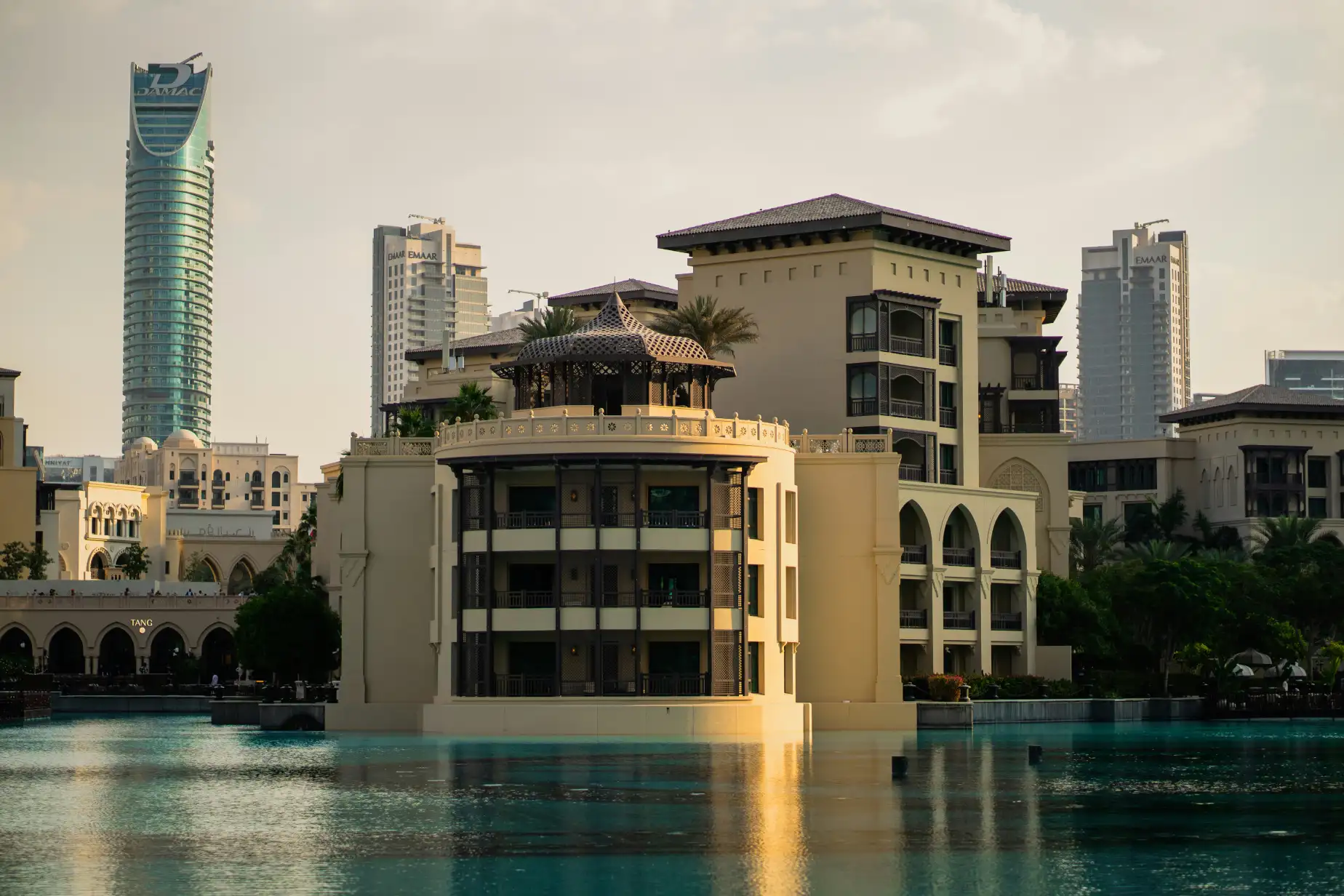Dubai has one of the most advanced and transparent real estate systems in the region, allowing both residents and foreigners to own property under clear legal frameworks. When exploring investment opportunities, you’ll often come across two key ownership types: freehold and leasehold.
Understanding the difference between these models is essential for anyone planning to buy or invest in real estate in the UAE. This guide explains everything about freehold properties in Dubai, including ownership rights, the list of freehold areas, and what happens after 99 years of leasehold.
Does Dubai Have Freehold Property?
Yes. Since 2002, foreigners have been allowed to purchase freehold property in designated areas of Dubai. This was introduced under Law No. 7 of 2006, which gave non-UAE nationals the right to own real estate on a freehold, leasehold, or usufruct basis in approved zones.
Freehold ownership allows buyers to own both the property and the land on which it stands, indefinitely. The owner’s name appears on the official Title Deed issued by the Dubai Land Department (DLD), giving full ownership rights, including the ability to sell, lease, or pass the property on to heirs.
What Are Freehold Properties in Dubai?
A freehold property gives the buyer complete ownership for life, with no time limit. The owner has full control over the property and can sell or rent it at any time without seeking permission from the original developer.
Freehold ownership is recognized by law and is open to both UAE citizens and foreign investors in specific areas. It is the preferred choice for long-term buyers and investors looking for capital appreciation or rental income.
List of Freehold Areas in Dubai
The list of freehold areas in Dubai includes some of the city’s most prominent residential and investment zones. Foreigners can legally own property in the following areas:
- Dubai Marina
- Downtown Dubai
- Palm Jumeirah
- Jumeirah Beach Residence (JBR)
- Dubai Hills Estate
- Emirates Hills
- Business Bay
- Jumeirah Lake Towers (JLT)
- Arabian Ranches
- Dubai Creek Harbour
- Bluewaters Island
- Dubai South
- Al Barari
- Meydan
- City Walk
- Jumeirah Village Circle (JVC)
- Damac Hills
- Sobha Hartland
This list continues to expand as Dubai develops new projects and communities, especially for foreign ownership.
Is Palm Jumeirah a Freehold or Leasehold?
Palm Jumeirah is a freehold area in Dubai. This means foreigners can buy villas, apartments, and plots with full ownership rights. The title deed is issued in the buyer’s name, and ownership is permanent, not limited to a lease period.
This has made Palm Jumeirah one of the most sought-after destinations for international investors, offering exclusive beachfront properties and strong long-term appreciation.
What Is Leasehold Property in Dubai?
A leasehold property gives the buyer ownership rights for a fixed period, typically up to 99 years. The land remains owned by the freeholder (usually the developer or Emirati owner), while the buyer leases the property for the agreed duration.
Under a leasehold agreement, the buyer can sell, rent, or pass on the lease for the remaining years but does not own the land permanently.
What Will Happen After 99 Years of Leasehold in Dubai?
When a 99-year leasehold expires, ownership of the property and land reverts to the freeholder, unless the lease is renewed.
The leaseholder may negotiate an extension or renewal, subject to the terms of the original contract and Dubai Land Department regulations. In practice, most leaseholds are expected to be renewed under new terms to protect investor interests, but the renewal conditions are not guaranteed indefinitely.
How Many Years Is a Freehold Property in Dubai?
Freehold ownership in Dubai is permanent. There is no time limit on a freehold property. Once registered, the owner holds the property indefinitely, with full legal rights under the Dubai Land Department.
The ownership remains valid as long as the title deed exists, even across generations through inheritance.
Can You Own 100% Property in Dubai?
Yes. In freehold zones, both UAE nationals and foreigners can own 100% of the property and the land. This is one of the main reasons Dubai attracts global investors.
Unlike leasehold ownership, freehold buyers do not need to renew their ownership after a set number of years, making it ideal for long-term investment or legacy planning.
Can Foreigners Buy Freehold Land in Dubai?
Foreigners can buy freehold land and property only in designated freehold areas. These zones are approved by the government and clearly defined in Dubai’s real estate regulations.
Buying land gives foreign investors the right to develop, sell, or lease the property, provided they comply with Dubai Municipality and DLD regulations.
However, foreigners cannot buy land in areas restricted to UAE or GCC nationals. Outside freehold zones, only leasehold or usufruct rights may be available.
What Are the Disadvantages of Buying a Freehold Property?
While freehold ownership offers maximum control, there are some potential drawbacks to consider:
- Higher upfront cost: Freehold properties tend to be more expensive than leasehold equivalents.
- Maintenance obligations: The owner is fully responsible for service charges, repairs, and ongoing maintenance.
- Limited freehold zones: Foreigners can only buy in approved areas, which may restrict location options.
- Market exposure: Like all investments, freehold properties are subject to market fluctuations.
Despite these points, the long-term benefits, ownership security, capital appreciation, and flexibility, make freehold property the preferred choice for most investors.
Freehold vs Leasehold: Which Is Better?
For most foreign buyers and long-term investors, freehold is the better option because it offers full ownership, flexibility, and inheritance rights.
Leasehold can still be suitable for those looking for lower entry prices, shorter-term investment, or specific locations where freehold ownership isn’t available.
Ultimately, the decision depends on your investment goals, budget, and desired duration of ownership.



